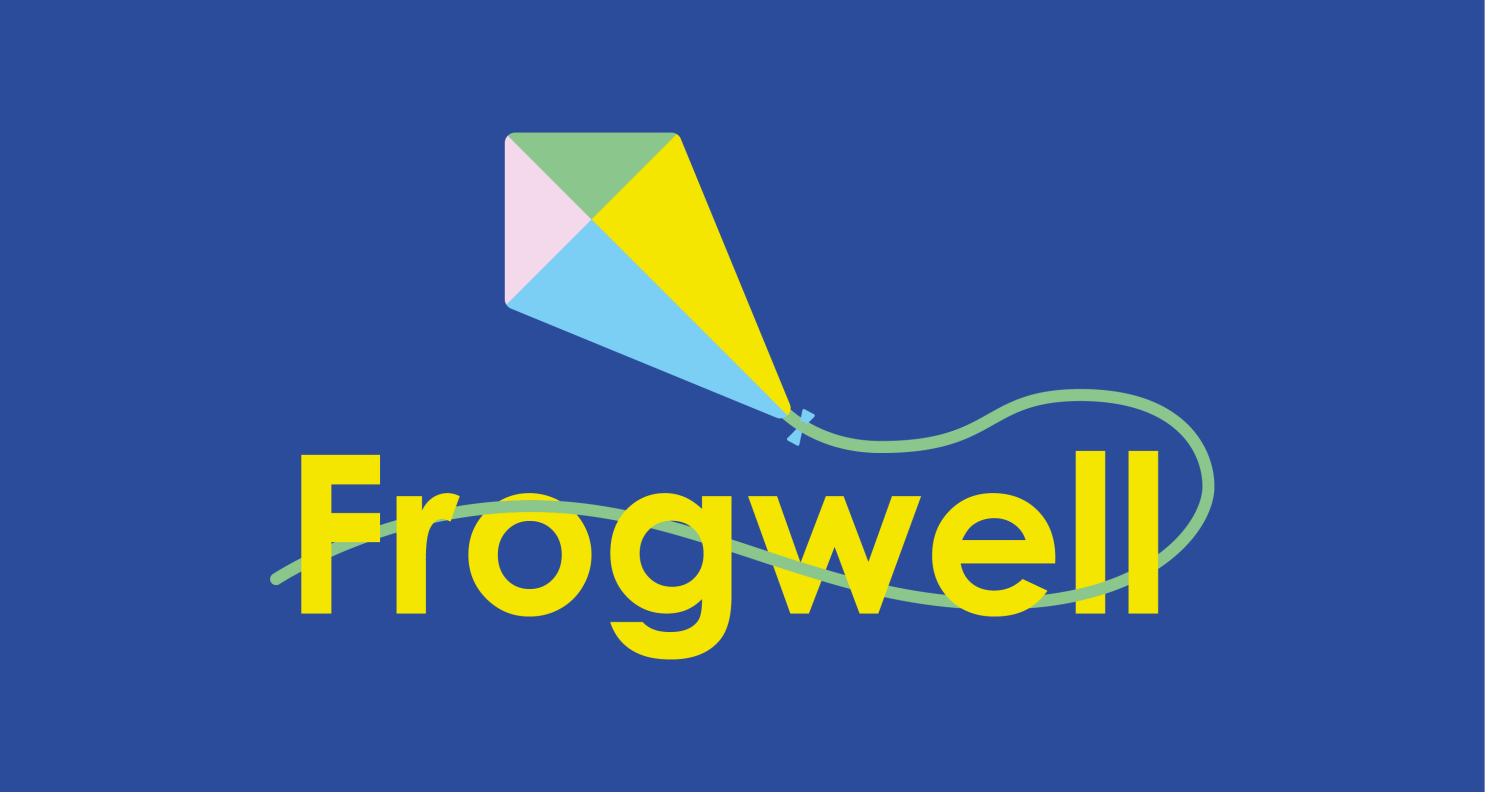Computing
What does Computing at Frogwell offer our children?
At Frogwell, we know that our children live in a digital world, technology is all around them and will play a part in their lives, now and in the future. It is vital that children learn to use technology effectively, safely and responsibly. We want our children to develop creativity, resilience, problem solving and critical thinking skills to prepare them for an ever-changing digital world. We recognise that using technology can support an inclusive curriculum and help remove barriers for children with additional needs. We ensure that all children have access to technology which means that they become independent users, whilst gaining confidence and enjoyment to support learning across the curriculum.
What are the main aims of our Computing curriculum?
Our broad computing curriculum covers three strands: Computer Science, Information Technology and Digital Literacy.
The National Curriculum for Computing aims to ensure that all pupils:
- can understand and apply the fundamental principles and concepts of computer science, including abstraction, logic, algorithms and data representation
- can analyse problems in computational terms, and have repeated practical experience of writing computer programs in order to solve such problems.
- can evaluate and apply information technology, including new or unfamiliar technologies, analytically to solve problems.
- are responsible, competent, confident and creative users of information and communication technology.
Beyond teaching computing discretely, we aim to give children the opportunities to apply and embed their knowledge and skills in order to support and enhance learning in across the whole curriculum.
How is the teaching of Computing organised?
In EYFS, Computing is not taught as a discrete subject; children will learn skills that prepare them for the Year 1 curriculum. They will have the opportunity to play with computers, tablets and Beebots. ‘Pretend technology’ is also available as part of role play.
In the Year 1-6 mainstream classes, we have adapted the NCCE Teach Computing scheme to teach elements of Computer Science and Information Technology. The spiral curriculum supports children to acquire knowledge through the use of key concepts, terms, and vocabulary. Units of work may be taught as weekly discrete Computing lessons or a blocked unit of work. Where possible, links are made to the wider curriculum to provide a context for children’s learning. Digital Literacy is explicitly taught through the Project Evolve toolkit which places an emphasis on online safety and becoming a responsible digital citizen.
In the Complex Needs Resource Base, technology supports children to access the wider curriculum. Children will develop their computing skills and knowledge through a topic-based approach and attainment is measured in small steps.
